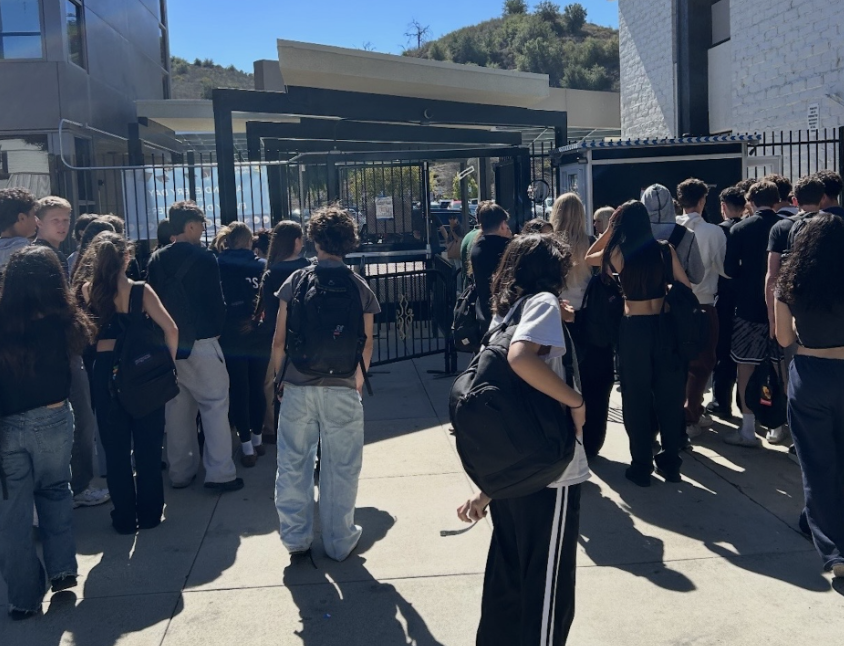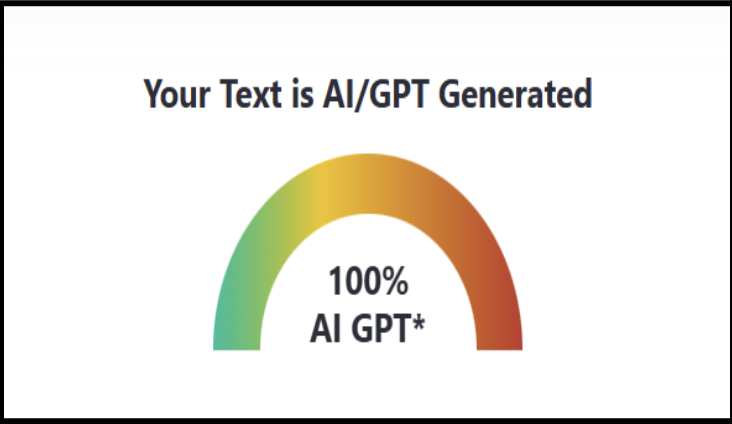Though America was founded on the principles of freedom, fairness and equality, its history tells a different story. Women and minorities have often been overlooked in education and in the workplace. Affirmative action, defined by Merriam-Webster’s Dictionary as “a policy to improve the employment or educational opportunities of members of minority groups, women and other disadvantaged peoples,” has provided Americans with opportunities for social and economic progress. Recently, a Supreme Court case has threatened to eliminate affirmative action for college admission, disregarding race on all applications.
“[Affirmative action] is necessary because race can at times be a negative factor and limit opportunities,” said government and U.S. history teacher Dave Dillon. “Racial and ethnic diversity should be regarded, just as other defining factors should be looked at when considering applicants.”
While some people believe that the system is outdated, it has made possible social, political and technological progress in the last 50 years. Affirmative action is still needed in America because minorities are not given equal opportunities in schools and jobs. A recent study by Harvard University found that the Scholarship Assessment Test (SAT), a requirement for virtually every competitive school in the country, is biased against African-American students. The study showed that African American students scored almost 100 points lower than their Caucasian peers of the same economic and academic backgrounds. Furthermore, modern methods of identifying future leaders and innovators is flawed. Using test scores and grades is not a complete depiction of intellectual ability. Consequently, according to the American Civil Liberties Union, more than 60 percent of African-American students do not graduate. Though the percentage of minority students in college has recently risen from 25 percent to 30 percent, this is not proportional to the demographics of the country. With the current economic state, over 67 percent of jobs require a post-secondary degree, which most minority students are unable to obtain.
“I believe that the country will see an exponential growth of well-rounded and intellectual individuals, partly due to universities’ diversity,” said senior Miles Warren.
Recently, a movement has emerged to include the Lesbian, Gay, Bisexual, and Transgender community in affirmative action initiatives. Elmhurst College announced that it would consider offering diversity scholarships to students who are part of the LGBT community on their application.
Diversity exposes people to new knowledge and cultures and enriches life experiences. Perhaps the solution to our nation’s economic instability is to further represent minorities who will lead America into progress once their voices are given a chance to be heard. •








